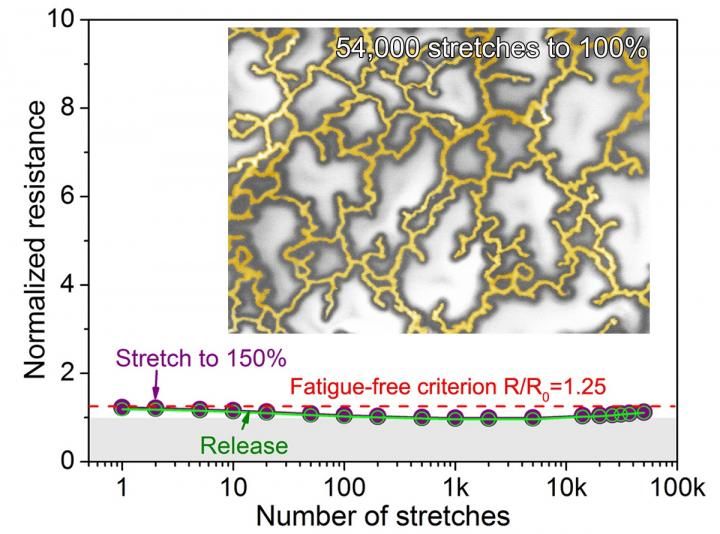Fluorinated plastics with an expiry date
The fluorine can be recovered from the degraded material to be reincorporated into all kinds of chemicals
Chemists at the University of Bayreuth, in collaboration with researchers from Berlin, have produced a new class of fluorinated polymers that degrade 20 times faster than their non-fluorinated equivalents. These results can help to prevent the accumulation of the industrially used fluorine compounds PFAS, also known as "forever chemicals", in the environment.
The majority of consumer goods containing fluorinated plastics, such as Teflon pans, currently end up in landfill sites: As a result, the polymers end up in the environment. These potentially toxic compounds accumulate there so that they are now detectable almost everywhere. A research team involving Christoph Fornacon-Wood and Prof. Dr. Alex J. Plajer from the Department of Macromolecular Chemistry at the University of Bayreuth has tackled this problem. The study has now been published in the journal Chemical Communications.
The researchers have succeeded in producing a new class of fluorinated polymers that contain ester bonds. Ester bonds in polymers, i.e. plastics, facilitate degradation; however, fluorinated polyesters are very rare.
Like ordinary fluorinated plastics, this new class of polymers also has non-stick properties. In addition, the new polymers can be easily degraded again via the ester bonds. "Fluorine atoms normally slow down degradation, but here it is actually accelerated by the fluorine in the material," says Plajer. The fluorine can then be recovered from the degraded material to be reincorporated into all kinds of chemicals.
"The design of future fluorinated polymers should include an integrated option for degradation and recycling to enable a sustainable circular economy for fluorine," says Fornacon-Wood. This is because fluorine is a limited resource and could become rare and therefore expensive in the future without recovery.
The results of the study were produced in collaboration with the Federal Institute for Materials Research and Testing (BAM) and the Free University of Berlin.
Original publication
Most read news
Other news from the department science
These products might interest you

Eclipse by Wyatt Technology
FFF-MALS system for separation and characterization of macromolecules and nanoparticles
The latest and most innovative FFF system designed for highest usability, robustness and data quality
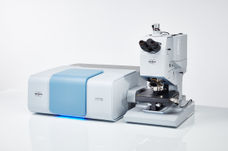
HYPERION II by Bruker
FT-IR and IR laser imaging (QCL) microscope for research and development
Analyze macroscopic samples with microscopic resolution (5 µm) in seconds

Get the chemical industry in your inbox
By submitting this form you agree that LUMITOS AG will send you the newsletter(s) selected above by email. Your data will not be passed on to third parties. Your data will be stored and processed in accordance with our data protection regulations. LUMITOS may contact you by email for the purpose of advertising or market and opinion surveys. You can revoke your consent at any time without giving reasons to LUMITOS AG, Ernst-Augustin-Str. 2, 12489 Berlin, Germany or by e-mail at revoke@lumitos.com with effect for the future. In addition, each email contains a link to unsubscribe from the corresponding newsletter.
Most read news
More news from our other portals
Last viewed contents
Pierre_de_Jaumont

New clues help explain why PFAS chemicals resist remediation - Work suggests new avenues for cleaning up these 'forever chemicals'
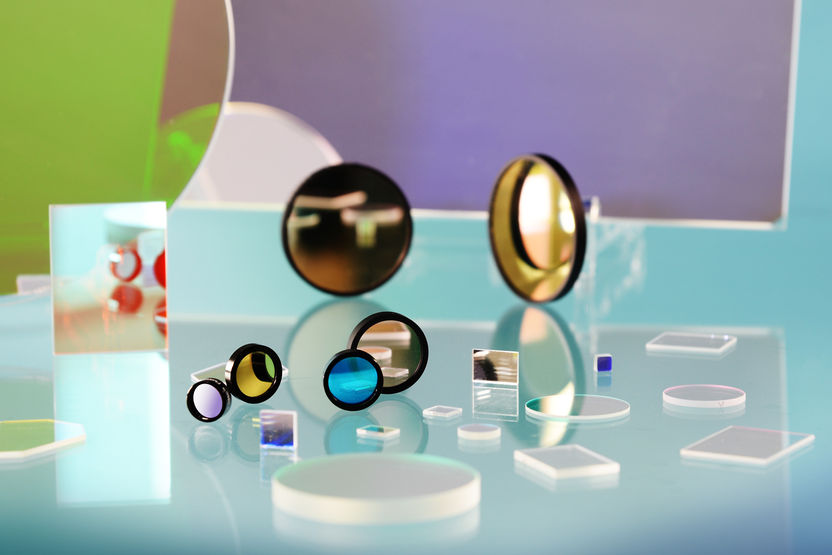
Mikroskopie-Zubehör | Microscopy accessories | AHF analysentechnik
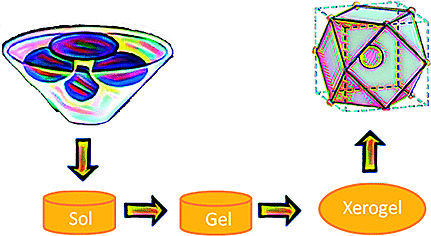
For a Better Contrast - Rare earth orthoferrite LnFeO3 nanoparticles for bioimaging

Huge carbon sink in soil minerals
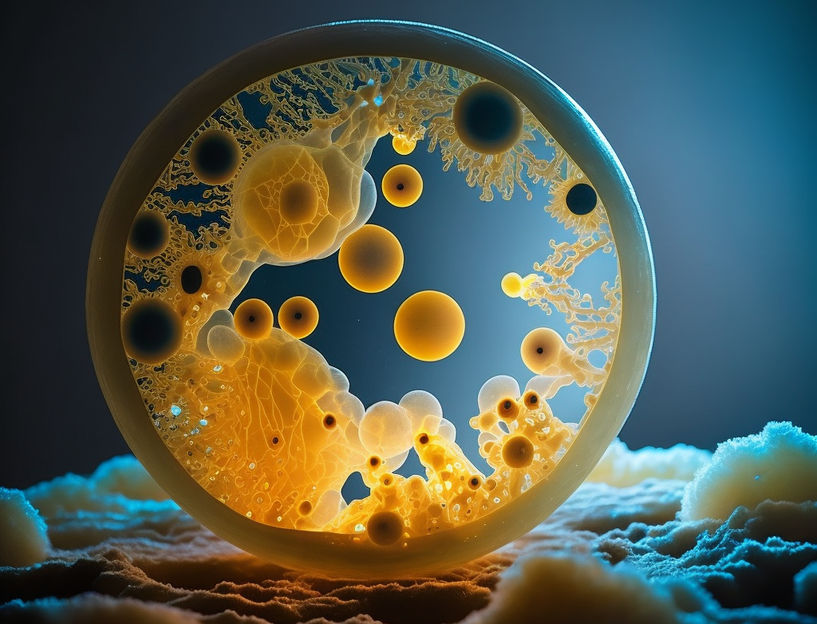
Symbiotic CO₂ Sequestration - Bioengineered microbial community working together to store carbon
Category:Atmospheric_chemistry
